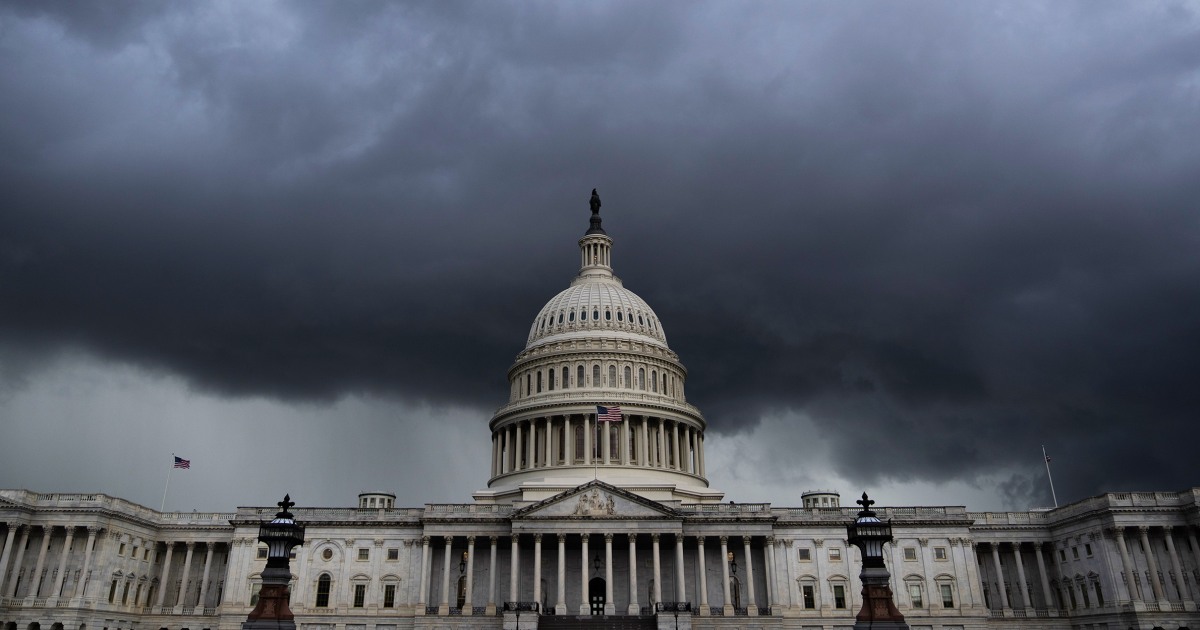Congress has little time to avoid a government shutdown that is set to begin at 12:01 a.m. on Oct. 1. They are nowhere near an agreement.
After a six-week summer recess, lawmakers return to the Capitol on Monday facing a changed political landscape but a vexing, very familiar problem: figuring out how to avert a shutdown.
They have just three weeks to do so. Funding for the government runs out at the end of the fiscal year on Sept. 30, and former President Donald Trump is urging Republicans to force a shutdown unless certain demands are met. A shutdown would close federal agencies and national parks, while limiting public services and furloughing millions of workers just weeks before the election.
The presidential race looms over the final stretch for Congress; it is expected to leave again at the end of the month and return after Election Day. When the House left town for its summer break on July 25, President Joe Biden had just dropped out of the presidential race, Democrats were preparing to pick Vice President Kamala Harris as their new standard bearer, and Republicans were rushing to draw up a new playbook against Harris.
House Republicans have now settled on some lines of attack, which they’ll highlight in politically charged GOP hearings and investigations into both Harris and her running mate, Minnesota Gov. Tim Walz, on issues from border security to the Afghanistan withdrawal.



Oh you think I don’t hate them too? I won’t even associate with them as people anymore. I still hate our ineffective stacked against workers broken ass government as a whole.
Ok, fair enough.